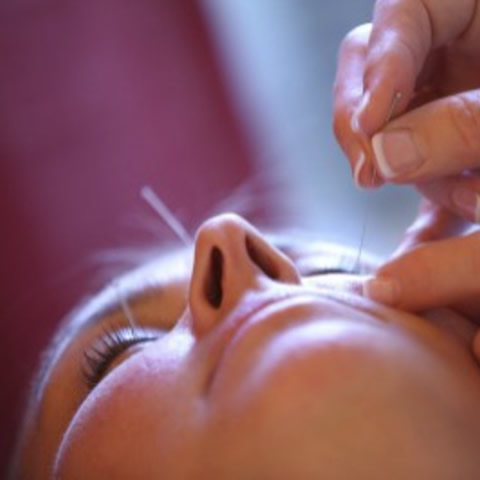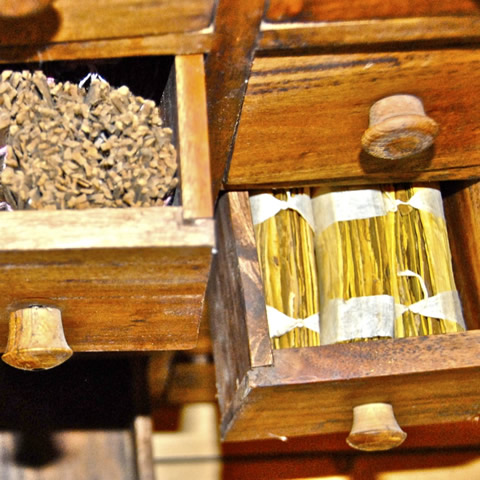Chinese acupuncture: Frequently asked questions
What happens in the body?
When an acupuncture needle is inserted, this activates the Qi, or vital energy, thereby regulating and harmonising its flow. In some instances, it will release the Qi and open any blockages.

Does Acupuncture hurt? What do I feel?
The acupuncture needles are much thinner and more flexible than other needles (e.g. syringe needles) and so the treatment is almost painless.
The patient will feel the so-called “needle-sensation” or De-qi sensation. When the acupuncture needle is inserted, you will feel a tingling or dull ache. This is one of the signs that the body's Qi has been stimulated.
When will I notice an improvement?
Since the Qi flow is targeted specifically, the patient may notice an immediate improvement. Usually the patient will experience a feeling of releif and the symptons will be less noticeable.
In some instances, the patient may not notice an immediate improvement, but rather notices a gradual improvment after each treatment.
Can the symptons become "worse", before they become better?
Acupuncture treatments have a balancing and harmonising effect. Individual treatments may release significant Qi-flows, which can cause side effects for a limited period of time, normally for a couple of hours, up to a maximum of 1-2 days
How many acupuncture needles are used and how long does an acupuncture session last?
Normally a maximum of ten acupuncture needles are required during a single acupuncture treatment session. Every acupuncture needle used requires Qi-energy, so that a treatment does not last longer than approximately 20-30 minutes.
Why is it necessary to speak with the patient and to examine the pulse and tongue before each acupuncture session?
The body's Qi and blood are dependent on factors such as the weather, the time of year, diet, stress and emotions etc. It is therefore important to analyse the body's Qi and blood before every acupuncture session, so that any changes can be reflected in the acupuncture treatment. Normally, a couple of questions as to the patient's well-being and an examination of the patient's tongue and pulse is sufficient.





